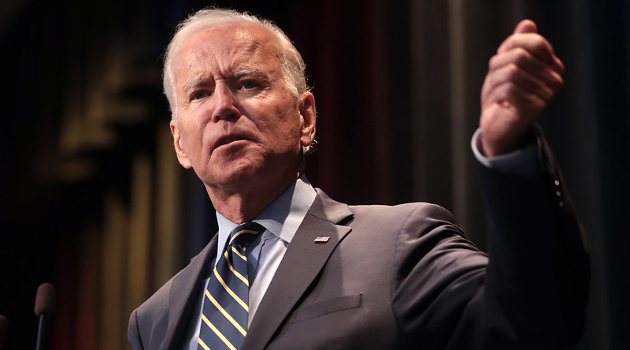Since I went to the archives for a video yesterday, let’s do the same thing today. Here’s my 2009 video about the close link between the size of government and the level of corruption.
I’m recycling this video because President Biden and his allies in Congress are poised to enact a revised version of the “Build Back Better” plan to expand the burden of government.
The legislation has all sorts of awful provisions, such as shoveling more money at a corrupt IRS, hurting jobs with higher taxes on “book income,” price controls on prescription drugs, and green-energy pork.
But today’s column will focus on process rather than policy.
To be more specific, I want to emphasize the video’s message about bigger government leading to more corruption.
And I’m going to cite an unexpected source – a left-leaning news outlet – to make my point.
In an article for the Washington Post, Yeganeh Torbati and Jeff Stein share various examples of how Biden’s misnamed Inflation Reduction Act is fattening bank accounts of lobbyists.
As Democrats hurry to finalize$739 billion climate, health-care and tax legislation…, business lobbyists and issue advocates are…using television and newspaper ads and personal outreach to try to sway Democrats to their side before the Senate votes. Much of the fiercest lobbying has focused on the bill’s health-care provisions. …The bill also provides hundreds of billions…to fight climate change… The Zero Emission Transportation Association…is asking senators to consider extending the deadlines by a year or more… Small businesses successfully stripped higher taxes on pass-through entities, while bigger firms succeeded in keeping the corporate rate at 21 percent.
The story focuses on the battle over the legislation, so allow me to add two points.
- First, fighting over what is in the package is just the tip of the iceberg. Assuming the bill becomes law, there will then be countless opportunities for lobbyists to get rich by manipulating the regulations that will define how the law is implemented, as well as yearly opportunities for lobbyists to cash in by influencing how money is spent.
- Second, not all lobbyists are bad. If a group of people hire lobbyists to get money or favors from the government, that is obviously immoral. But if a group of people hire lobbyists in hopes of protecting themselves (i.e., they don’t want to be taxed or burdened with more red tape), that is completely legitimate.
I’ll close by reiterating a point in the video.
Whether lobbyists are on the right side or wrong side, the ideal scenario is to shrink government. For instance, a simple and fair flat tax would radically reduce the incentive for influence-peddling.
Getting rid of various needless departments (Education, Transportation, Agriculture, Energy, Housing and Urban Development, etc) also would diminish opportunities for graft and sleaze. P.S. If you want some lobbyist-themed humor, click here and here.
———
Image credit: Gage Skidmore | CC BY-SA 2.0.


